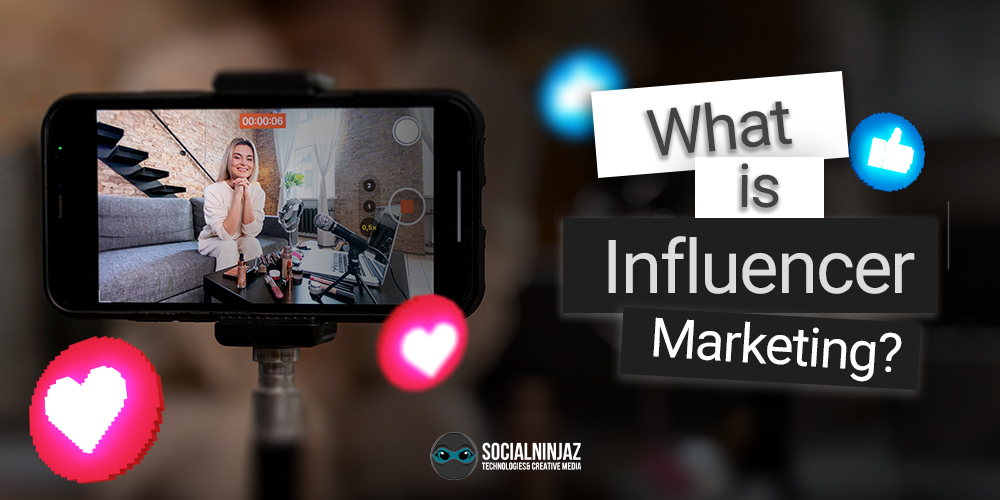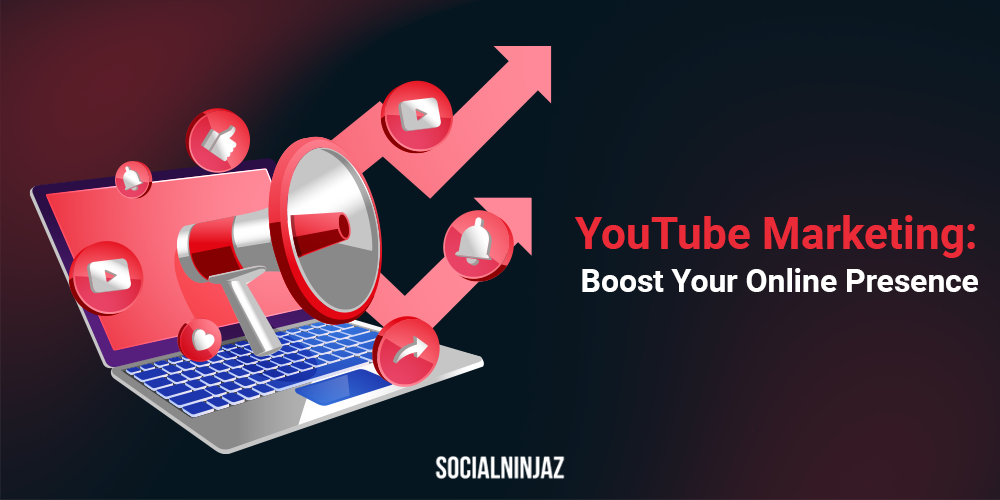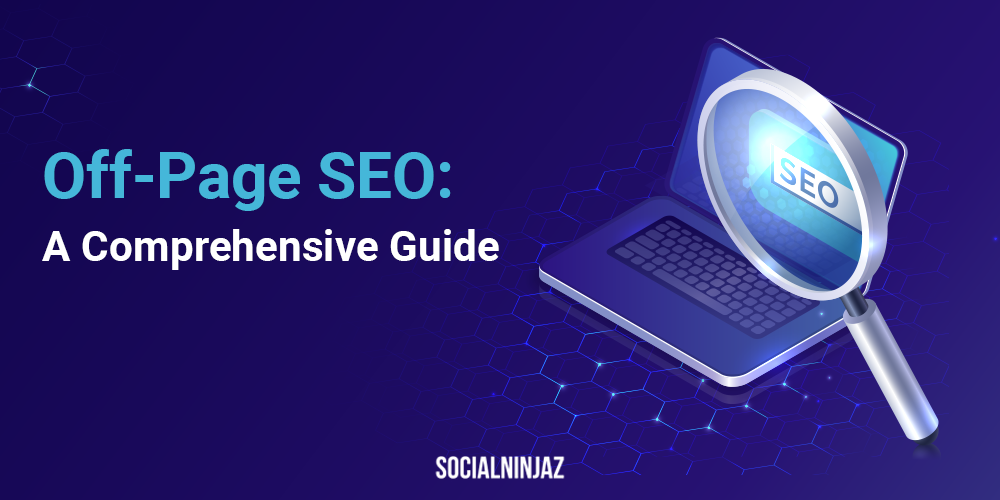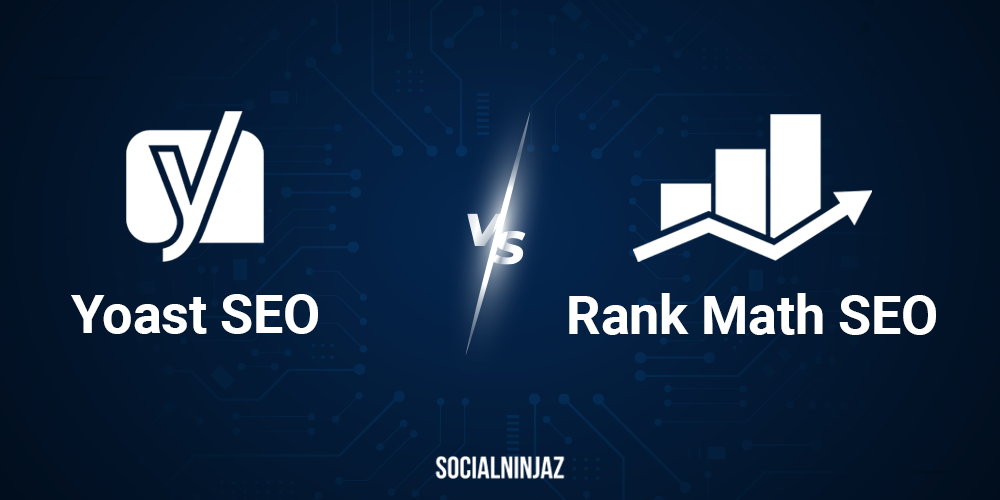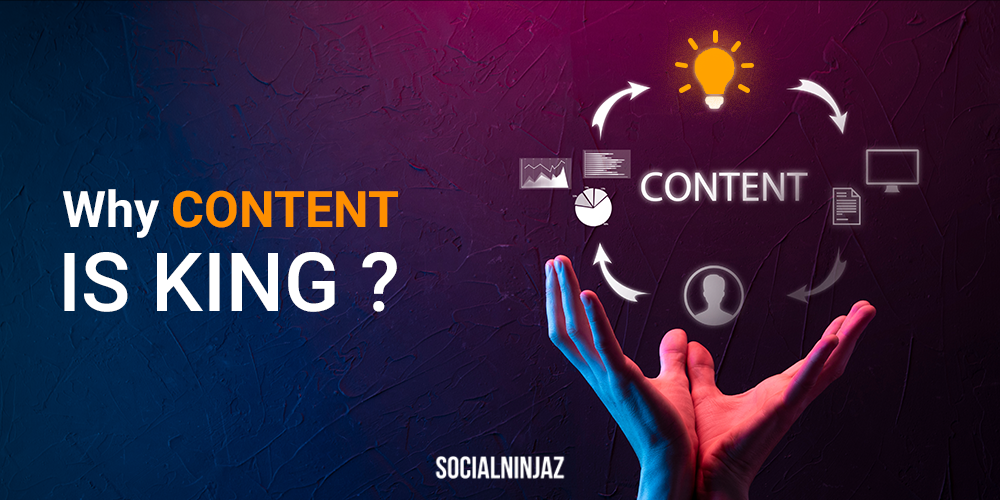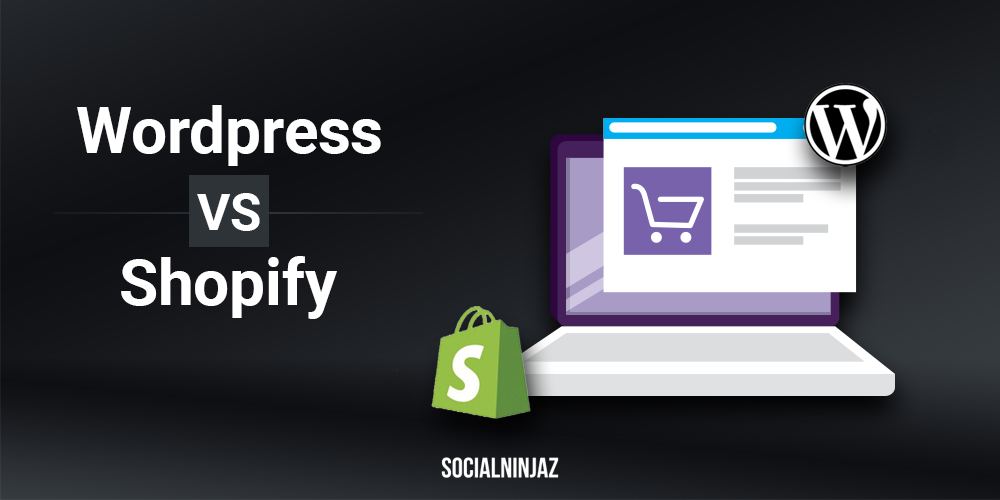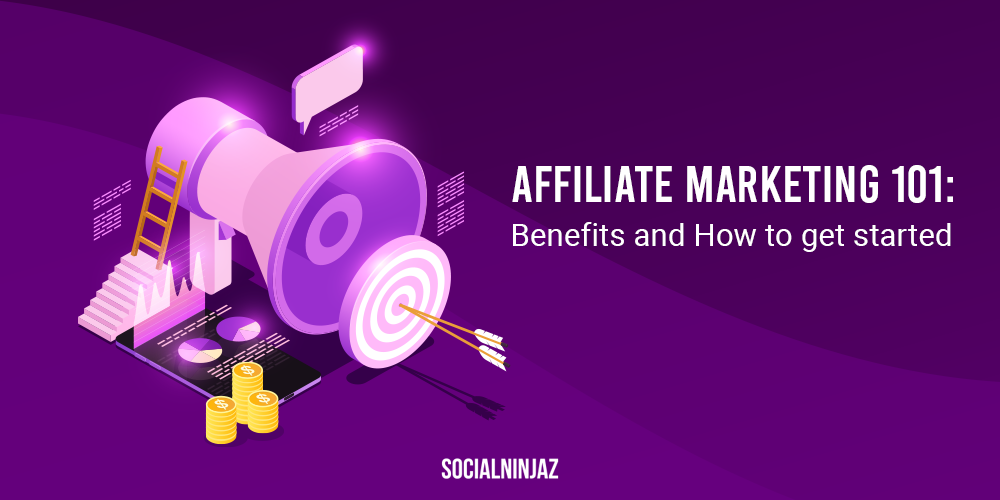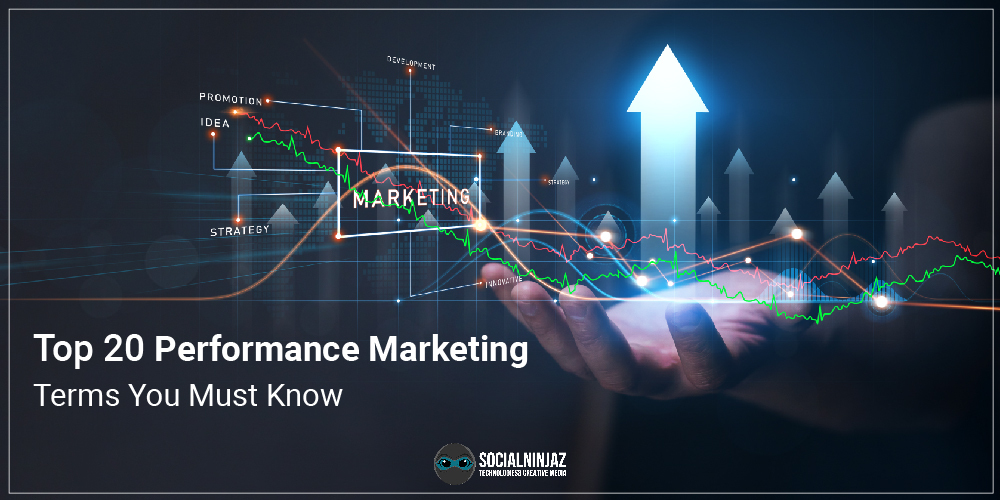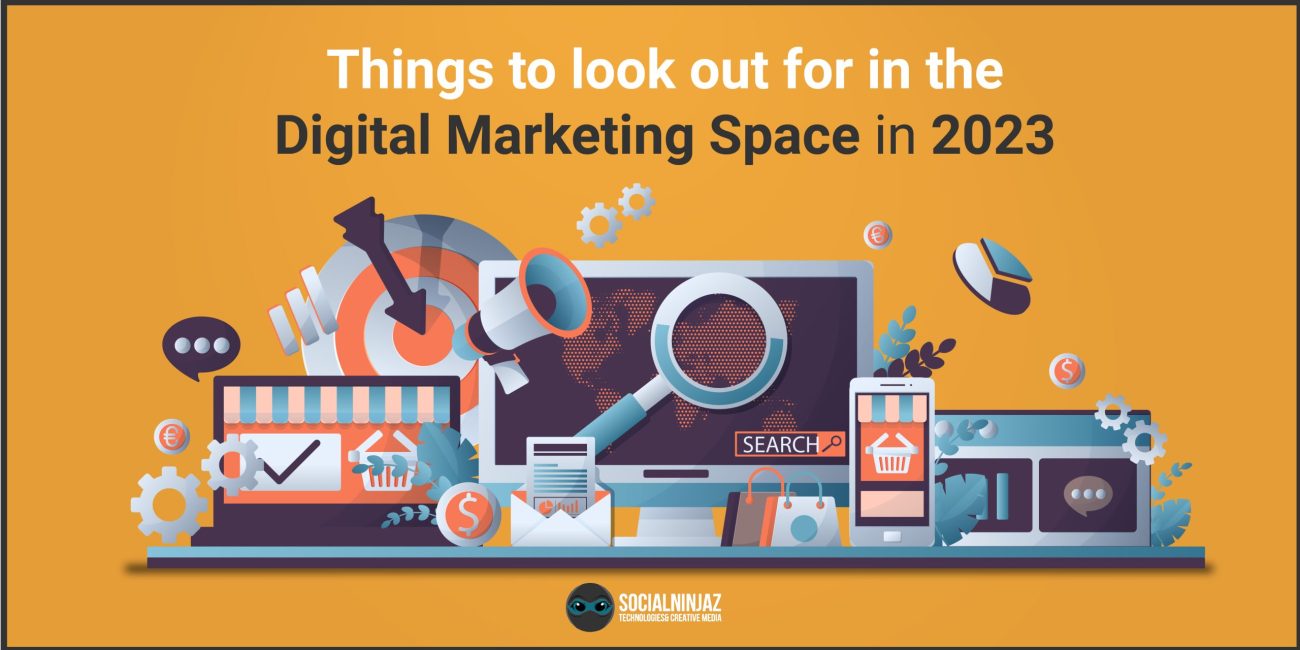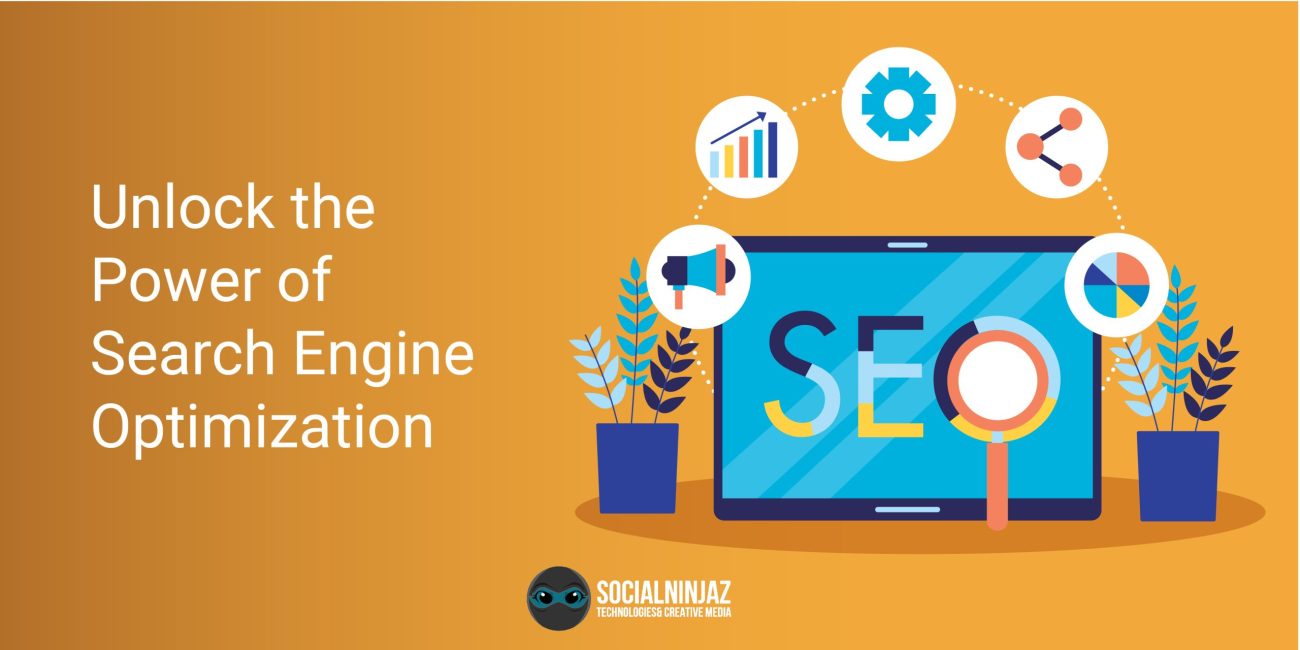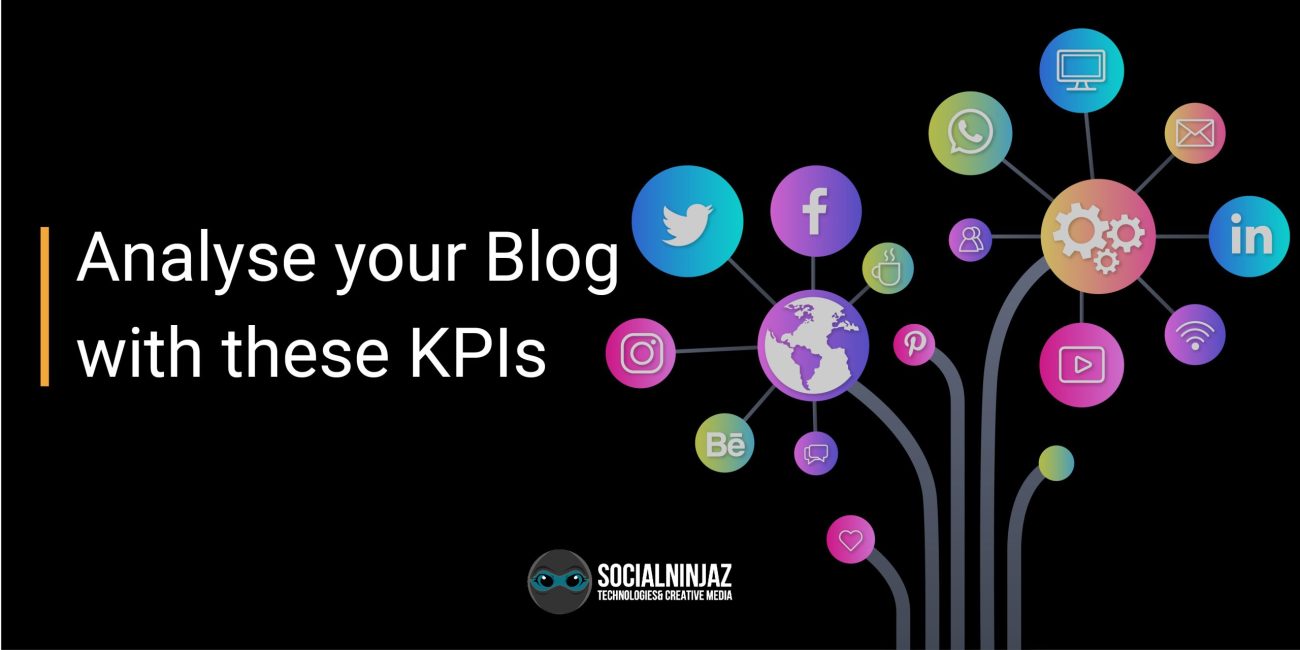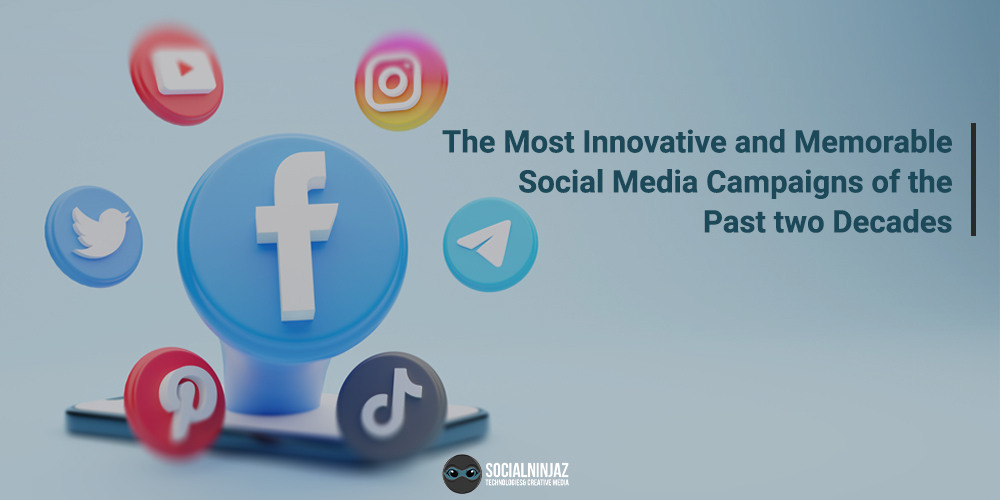Influencer marketing has become an increasingly popular and effective way for brands to reach their target audience. By partnering with social media influencers, brands can tap into their large following and credibility to promote their products. With the right strategy, influencer marketing can not only increase visibility but also drive meaningful conversions and long-term brand loyalty.
Table of Contents
ToggleBut what exactly is influencer marketing, and how does it work?
Influencer marketing is a type of marketing that involves identifying and targeting individuals who can influence potential customers through their social media presence. Influencers are often individuals with a large following on social media platforms as Instagram, TikTok, or YouTube. They can use their platforms to promote products or services to their audience. Influencer marketing can be an effective way for businesses to reach a new audience and increase brand awareness. Additionally, influencer marketing can be a cost-effective way for businesses to reach a specific target market with their respective niche.
Brands work with influencers by offering them free products or services in exchange for promoting their brand to their followers. Sponsored posts, Instagram takeovers, or even youtube videos play an essential role in Influencer Marketing. The idea is to leverage the influencer’s reach and credibility to increase brand awareness and drive sales.
It allows businesses to tap into the power of social media influencers, who have a large and engaged audience, to promote their brands. But, like any marketing strategy, there are pros and cons to consider when it comes to influencer marketing.
Pros and Cons of Influencer Marketing
The primary pro of influencer marketing is the ability to reach a targeted audience. Influencers often have a specific niche or topic on that they build their content. So, if a business aligns with that niche, it can reach a highly targeted audience through the influencer’s platform. It can be especially effective for businesses trying to reach a younger demographic, as many influencers have a large following on social media platforms like Instagram and TikTok.
Another pro is the credibility that comes with it. When an influencer recommends a product or service, their followers are more likely to trust their recommendation because they have a personal relationship with the influencer. It can lead to higher conversion rates for the business as the recommendation comes from a trusted source.
But influencer marketing can be expensive, especially when a business is working with a well-known influencer with a large following. However, it is essential to consider the potential return on investment when determining the cost of an influencer campaign. Another con is the potential for fake followers or engagement. Some influencers may have a large following but low engagement, meaning that their followers may not be as engaged with their content as they appear to be. Businesses need to do their research and work with influencers who have genuine followers and engagement to ensure the best results for their campaigns.
Conclusion:
Overall, influencer marketing can be a highly effective marketing strategy for businesses looking to reach a targeted audience and gain credibility. While there are potential cons to consider, the pros often outweigh the cons when done correctly. By working with authentic and reputable influencers, brands can increase their visibility and drive sales. Just be sure to do your research and have a well-rounded marketing strategy in place.
However, brands need to remember that influencer marketing is just one piece of the puzzle. It should be integrated into a larger marketing strategy and not relied upon as the sole source of promotion. Ready to turn influence into impact? At SocialNinjaz, we connect brands with the right creators to spark real engagement, trust, and measurable business growth. Let’s launch your influencer marketing campaign today.

